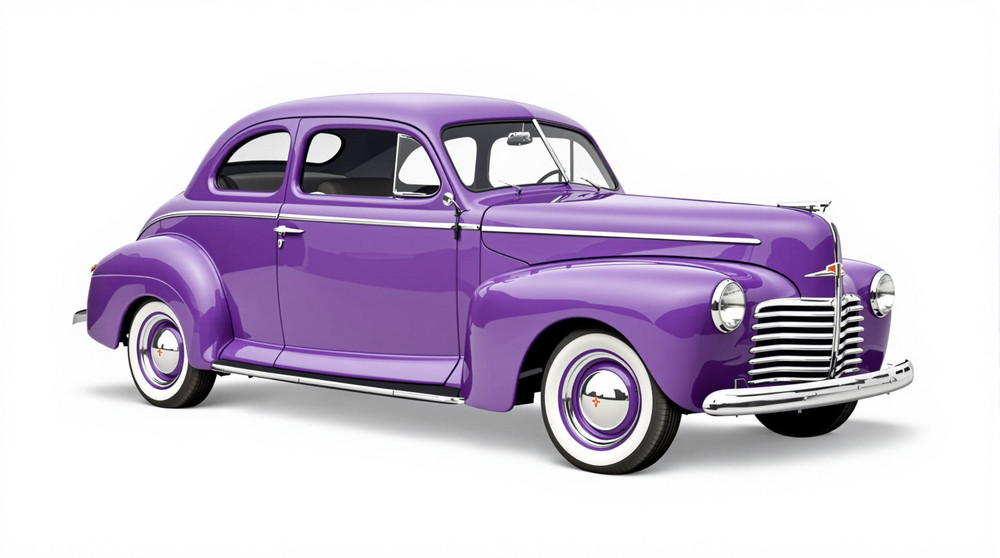Image of 1941 Plymouth P11 Standard, Note: These illustrations use artistic license and may differ from actual historical models.
Performance Metrics
Fundamental Metrics
Emotional Appeal
MMP Rating
| Engine Specifications | |
|---|---|
| Engine: | Inline 6 |
| Displacement: | 201.3 cu in (3.3 L) |
| Horsepower: | 87 hp |
| Torque: | Estimated 130 lb-ft |
| Compression Ratio: | 6.7:1 |
| Ignition System: | Battery and coil |
| Cooling System: | Liquid-cooled |
| Performance Specifications | |
| 0-60 Time: | Estimated 20 seconds |
| 1/4 Mile Time: | Not available |
| Top Speed: | 75 mph |
| Transmission and Drive | |
| Drive Type: | Rear-wheel drive |
| Transmission Type: | 3-speed manual |
| Fuel and Efficiency | |
| Fuel System Type: | Carburetor |
| MPG: | Estimated 15-20 mpg |
| Dimensions and Brakes | |
| Brakes: | Hydraulic drum brakes |
| Wheelbase: | 117 in (2,972 mm) |
| Weight: | 2,900 lbs |
Note: Specifications for classic cars are given to the best of our ability, considering the limited and variant data available.
Introduction
As the world stood on the brink of monumental change in 1941, Plymouth was rolling out a vehicle that would leave an indelible mark on automotive history—the Plymouth P11 Standard. Born from the industrious spirit of Chrysler Corporation's Plymouth division, this car emerged as a symbol of American resilience and ingenuity. Notably, the P11 Standard was one of the last cars produced before Plymouth shifted its focus to supporting the war effort, making it a poignant snapshot of pre-war America.
Design and Innovation
The 1941 Plymouth P11 Standard boasted an exterior that captured the essence of 1940s design with its rounded fenders, prominent grille, and sleek lines that exuded motion even at a standstill. Inside, occupants were greeted with a functional yet stylish cabin, where quality materials were chosen for durability and comfort. For its era, the P11 was technologically advanced, featuring innovations such as sealed beam headlights and a Safety Signal speedometer. Color options ranged from modest hues to more vibrant tones, with popular choices reflecting the optimism of the time. Among the body styles available, the two-door sedan stood out as an iconic representation of this model's charm.
Historical Significance
The Plymouth P11 Standard's impact on automotive design was subtle yet significant. It represented a blend of affordability and style that resonated with middle-class America. Its design language would echo through Plymouth models well into the post-war era, cementing its place in the evolution of automotive aesthetics.
Performance and Handling
Under the hood, the P11 Standard was powered by a reliable inline-six engine that delivered modest performance by today's standards but was quite respectable in its day. The car's top speed and acceleration were in line with consumer expectations for a daily driver. On various driving conditions, owners reported a smooth ride quality and handling that instilled confidence. The driving experience was characterized by the throaty hum of its engine—a sound that has become synonymous with vintage motoring.
Ownership Experience
The P11 Standard served many roles—from a dependable family car to a weekend showpiece. Its ease of maintenance and reliability made it a favorite among those who valued practicality alongside classic styling. While not without its quirks, overall ownership was considered rewarding for those who appreciated vintage vehicles.
Fun Facts
This Plymouth model has been associated with several interesting tidbits over time. While not known for breaking speed records or dominating races, it did gain recognition for its solid construction and wartime production pivot. Criticisms typically revolved around its modest power output and features that were soon overshadowed by post-war advancements.
Collector's Information
The current value range for a 1941 Plymouth P11 Standard varies widely depending on condition, originality, and historical provenance. Estimates suggest that thousands were produced before production shifted due to WWII efforts. As for price trends, well-preserved examples have seen appreciation over time due to their rarity and significance as pre-war American automobiles. Values can range significantly but expect well-maintained models to fetch prices in the tens of thousands.
Conclusion
The 1941 Plymouth P11 Standard is more than just a relic from another era—it's a testament to American automotive culture at a pivotal moment in history. With its charming design and dependable performance, it offers enthusiasts a tangible connection to an age where cars were built with pride and purpose. As we look back on this classic gem, we're reminded of how far we've come—and where our journey began.
1941 Plymouth P11 Standard Catalog of Parts
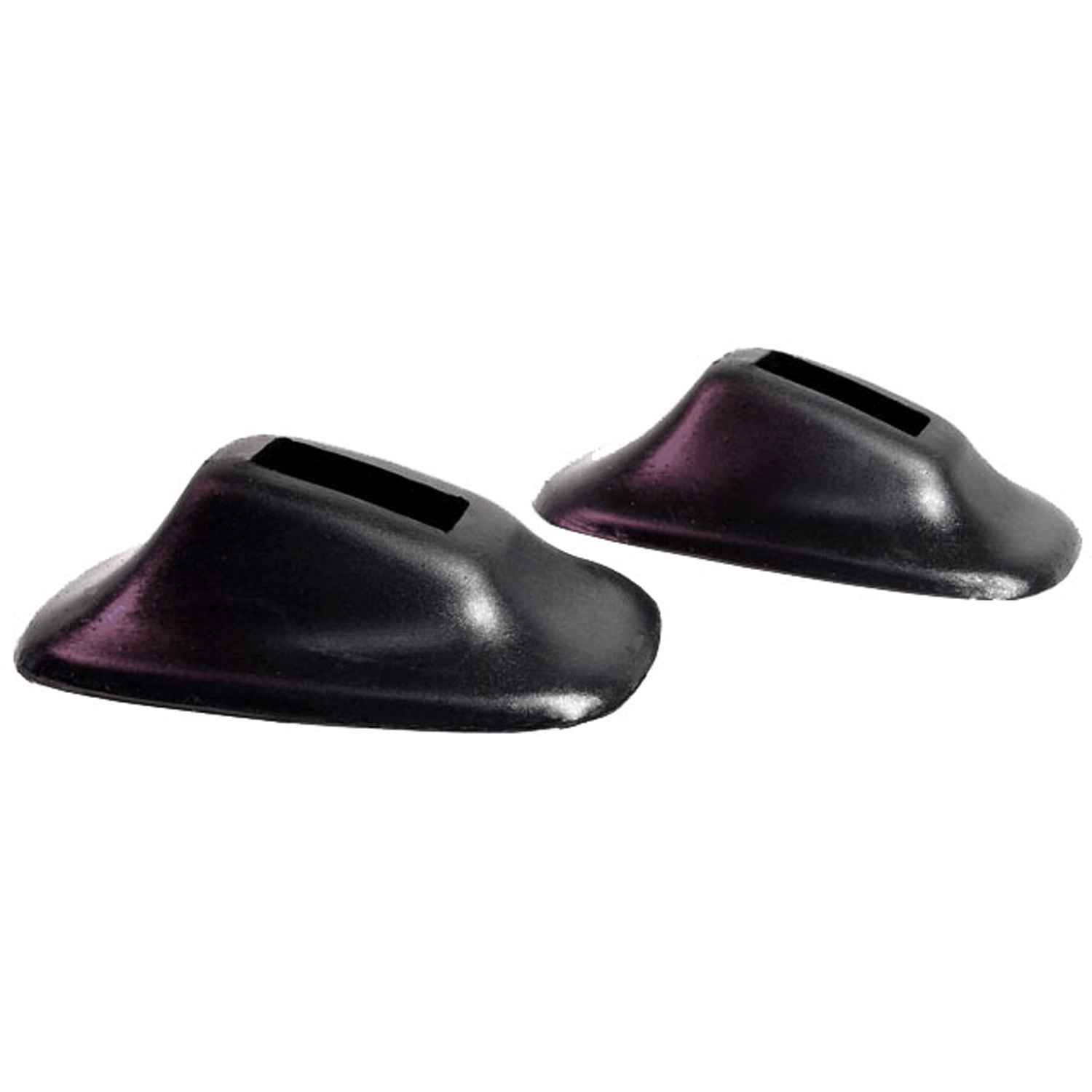 1941 Plymouth P11 Standard Front and Rear Bumper Arm Grommets-BG 51Front and Rear Bumper Arm Grommets. 2-1/2" wide X 4-7/8" long, with 1-1/2" long inner slot. Pair
1941 Plymouth P11 Standard Front and Rear Bumper Arm Grommets-BG 51Front and Rear Bumper Arm Grommets. 2-1/2" wide X 4-7/8" long, with 1-1/2" long inner slot. Pair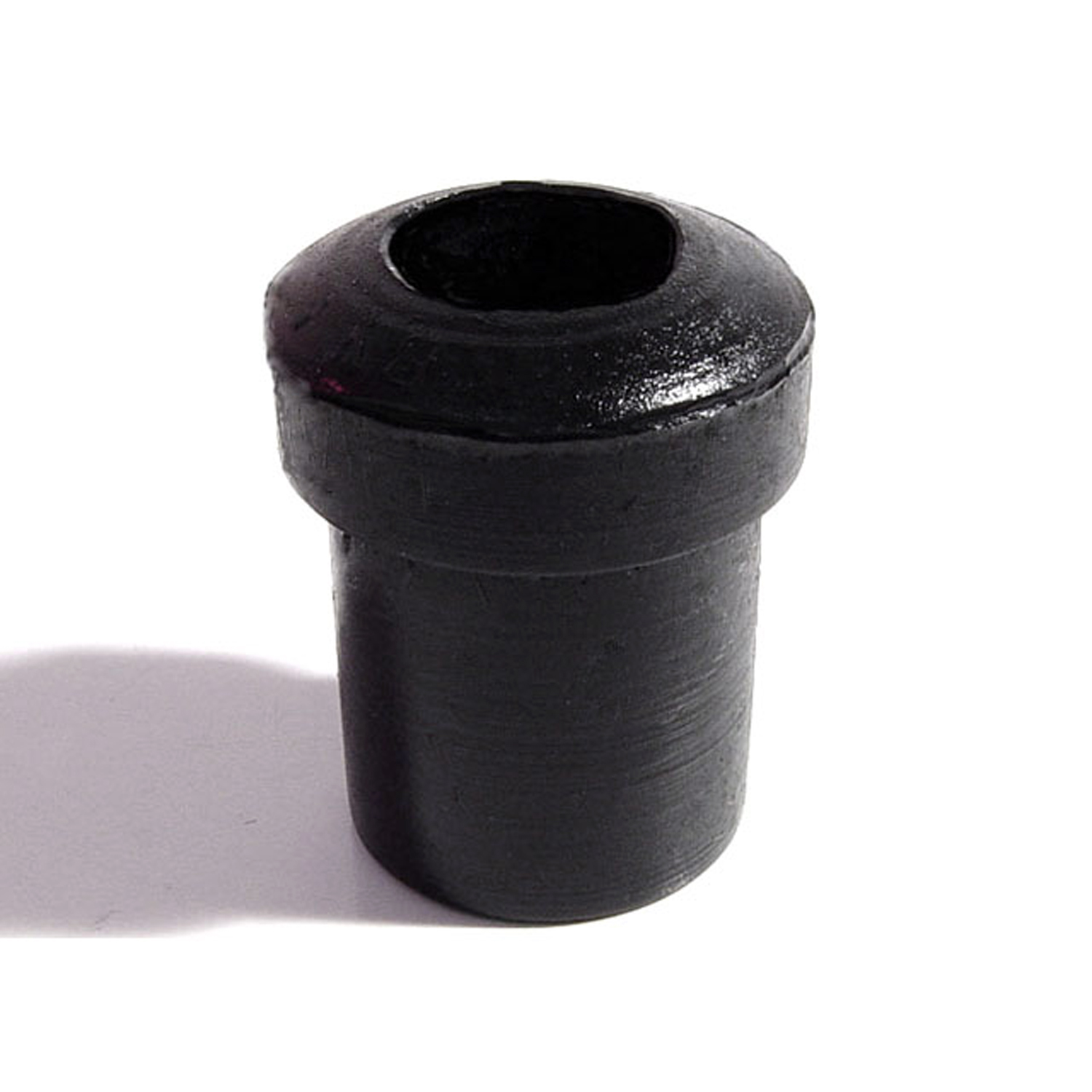 1941 Plymouth P11 Standard Spring and Shackle Bushing. 7/8" bottom O.D-BN 16Spring and Shackle Bushing. 7/8" bottom O.D. X 1-1/8" high, with 1/2" I.D. Each
1941 Plymouth P11 Standard Spring and Shackle Bushing. 7/8" bottom O.D-BN 16Spring and Shackle Bushing. 7/8" bottom O.D. X 1-1/8" high, with 1/2" I.D. Each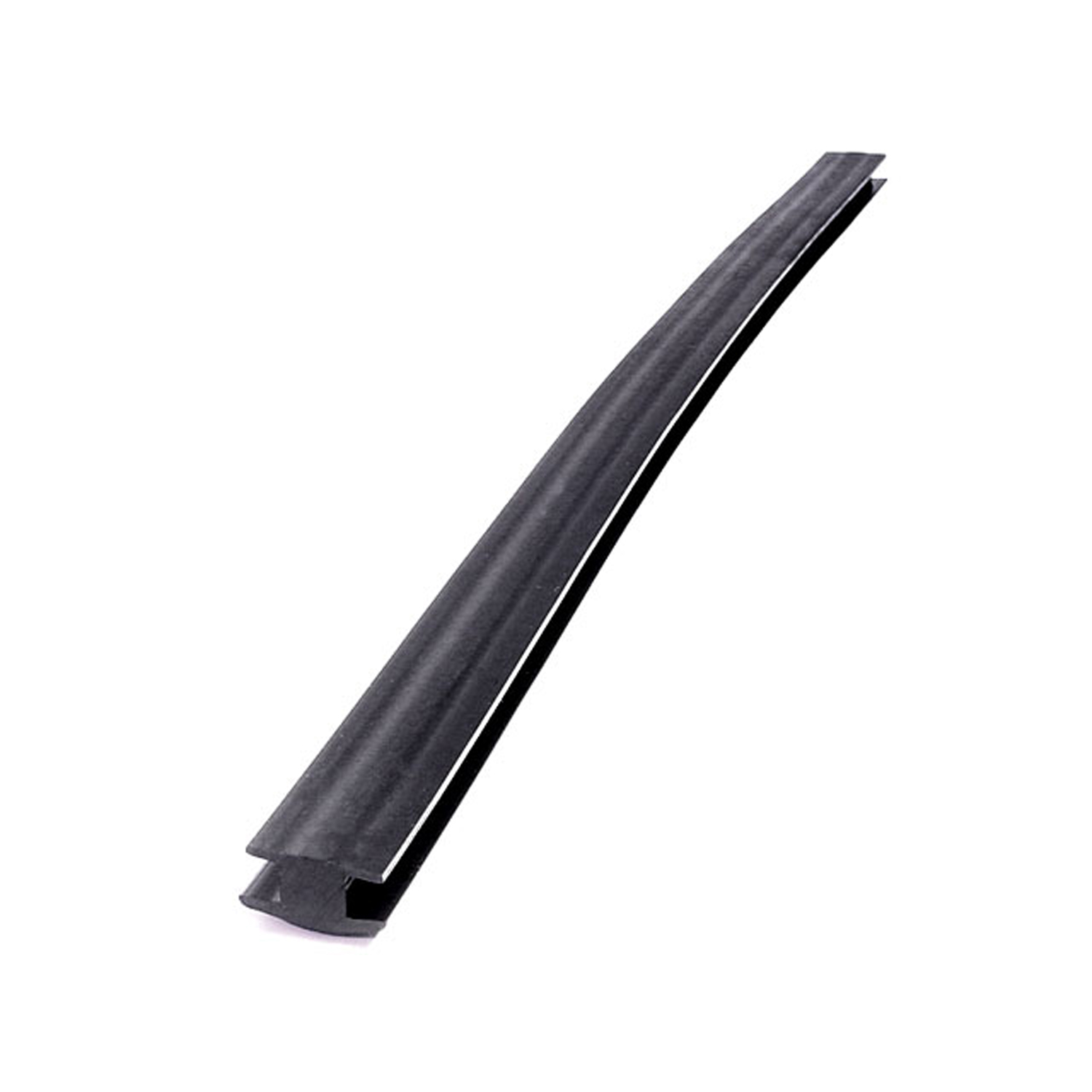 1941 Plymouth P11 Standard Windshield Center Bar Gasket. 20" long. Each-DP 12Windshield Center Bar Gasket. 20" long. Each
1941 Plymouth P11 Standard Windshield Center Bar Gasket. 20" long. Each-DP 12Windshield Center Bar Gasket. 20" long. Each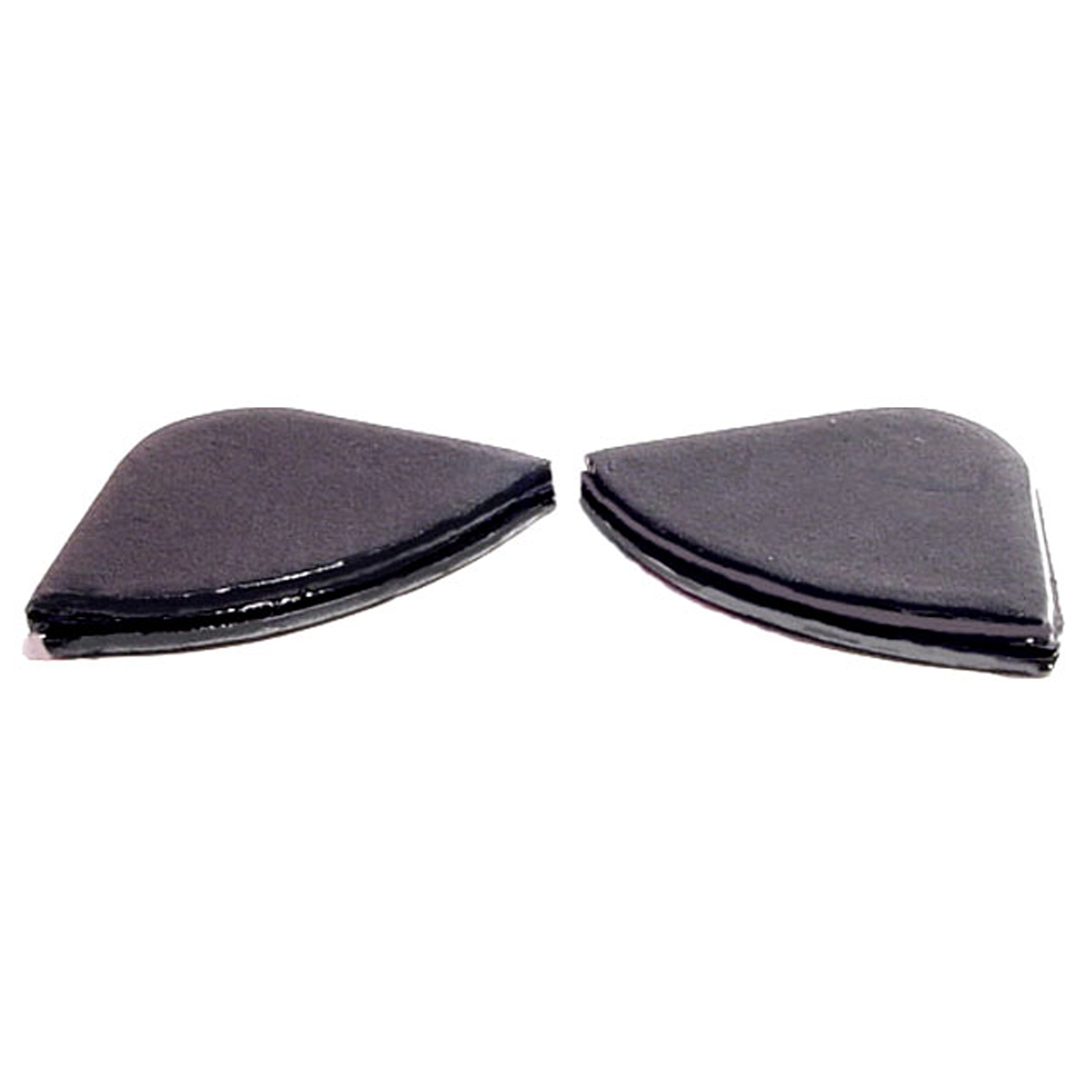 1941 Plymouth P11 Standard Hood Corners. Fits flat corners-HC 19Hood Corners. Fits flat corners. 80° angle, 1/4" to 3/8" corner radius. 1-3/8" wide. Pair
1941 Plymouth P11 Standard Hood Corners. Fits flat corners-HC 19Hood Corners. Fits flat corners. 80° angle, 1/4" to 3/8" corner radius. 1-3/8" wide. Pair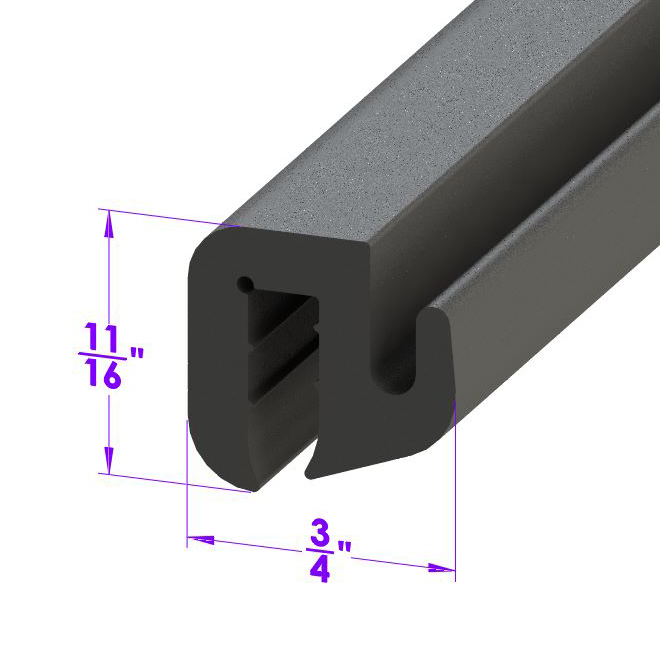 1941 Plymouth P11 Standard Windshield and Rear Window Seal. Sold by the foot-LP 30-AWindshield and Rear Window Seal. Sold by the foot
1941 Plymouth P11 Standard Windshield and Rear Window Seal. Sold by the foot-LP 30-AWindshield and Rear Window Seal. Sold by the foot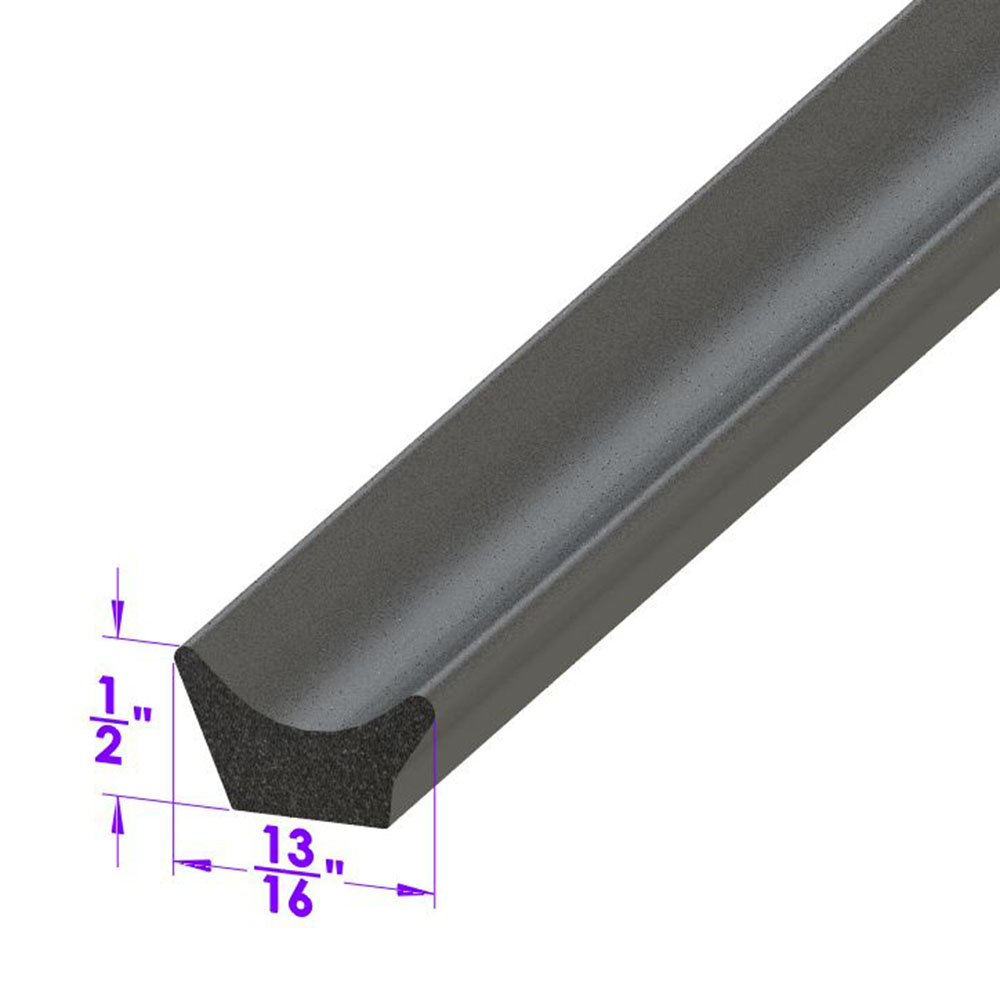 1941 Plymouth P11 Standard Door side seal. Same as LP 40, but for a lighter seal-LP 40-ADoor side seal. Same as LP 40, but for a lighter seal. Fits many domestic passenger cars and trucks. Universal seal for street rods and customs. Used in Cobra kit cars as door weatherstrip. Per foot.
1941 Plymouth P11 Standard Door side seal. Same as LP 40, but for a lighter seal-LP 40-ADoor side seal. Same as LP 40, but for a lighter seal. Fits many domestic passenger cars and trucks. Universal seal for street rods and customs. Used in Cobra kit cars as door weatherstrip. Per foot.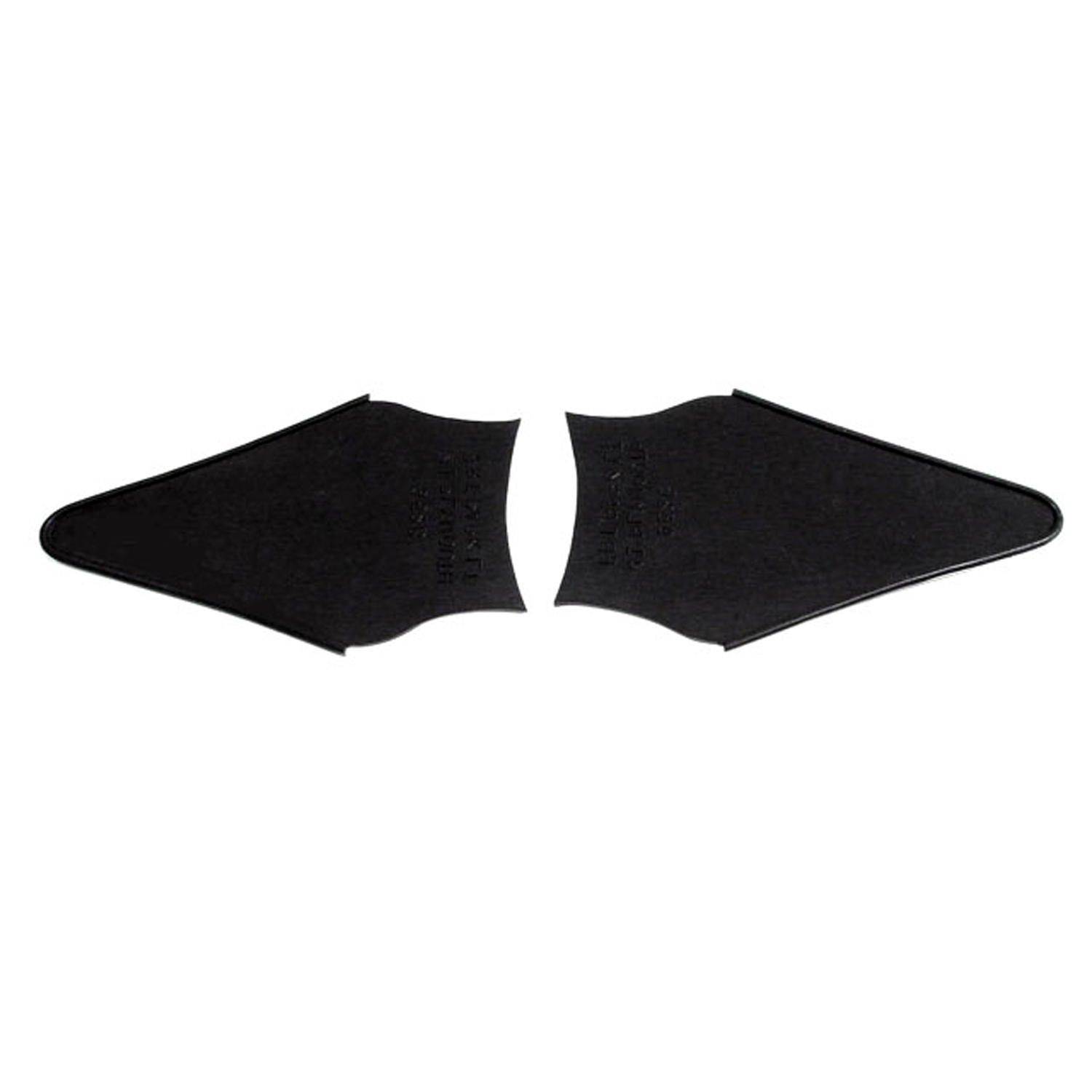 1941 Plymouth P11 Standard Front Park Light Pads. 4" wide X 6-3/8" long. Pair-MP 952-BFront Park Light Pads. 4" wide X 6-3/8" long. Pair
1941 Plymouth P11 Standard Front Park Light Pads. 4" wide X 6-3/8" long. Pair-MP 952-BFront Park Light Pads. 4" wide X 6-3/8" long. Pair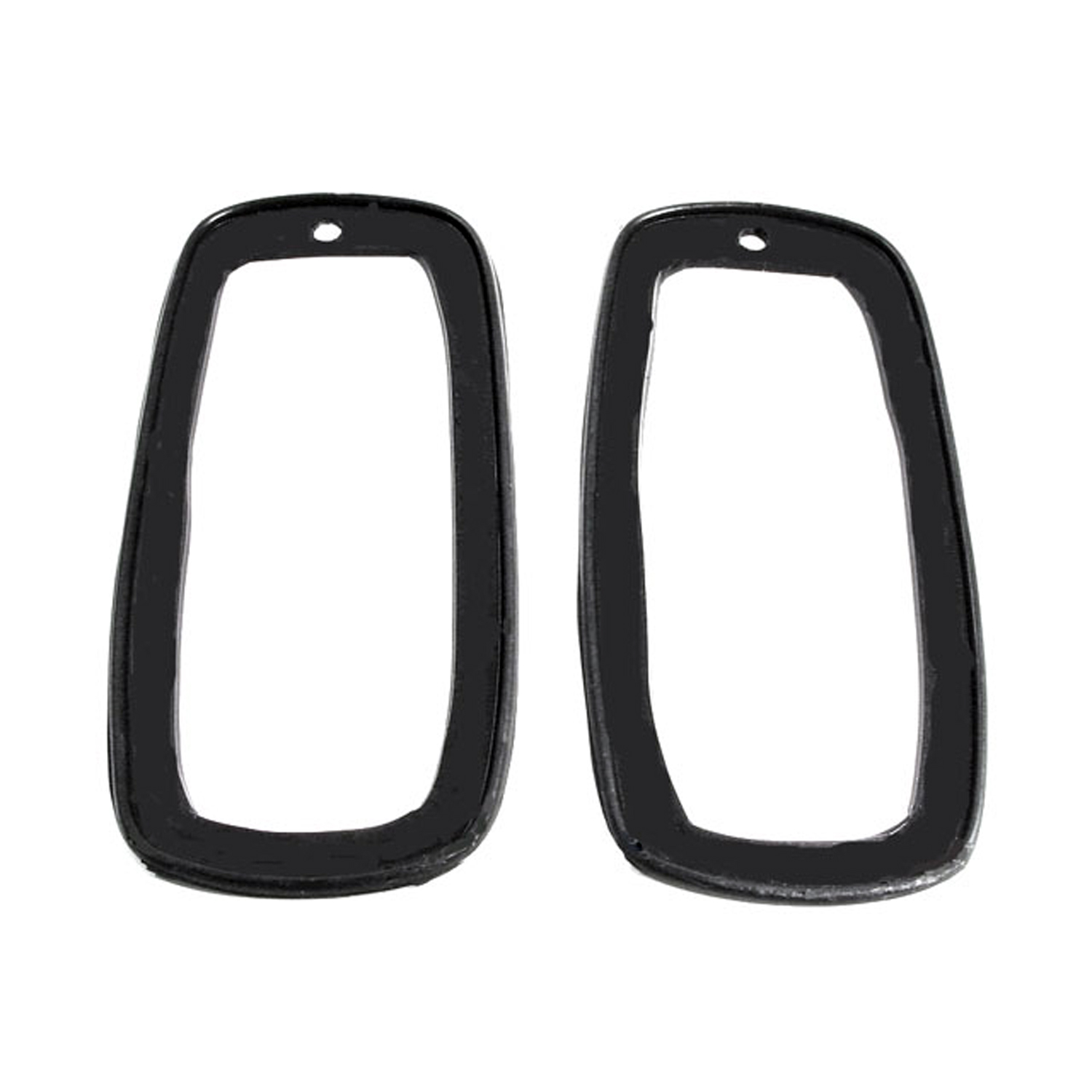 1941 Plymouth P11 Standard Tail-light Pads. 3-1/8" wide X 6-3/8" long. Pair-MP 952-CTail-light Pads. 3-1/8" wide X 6-3/8" long. Pair
1941 Plymouth P11 Standard Tail-light Pads. 3-1/8" wide X 6-3/8" long. Pair-MP 952-CTail-light Pads. 3-1/8" wide X 6-3/8" long. Pair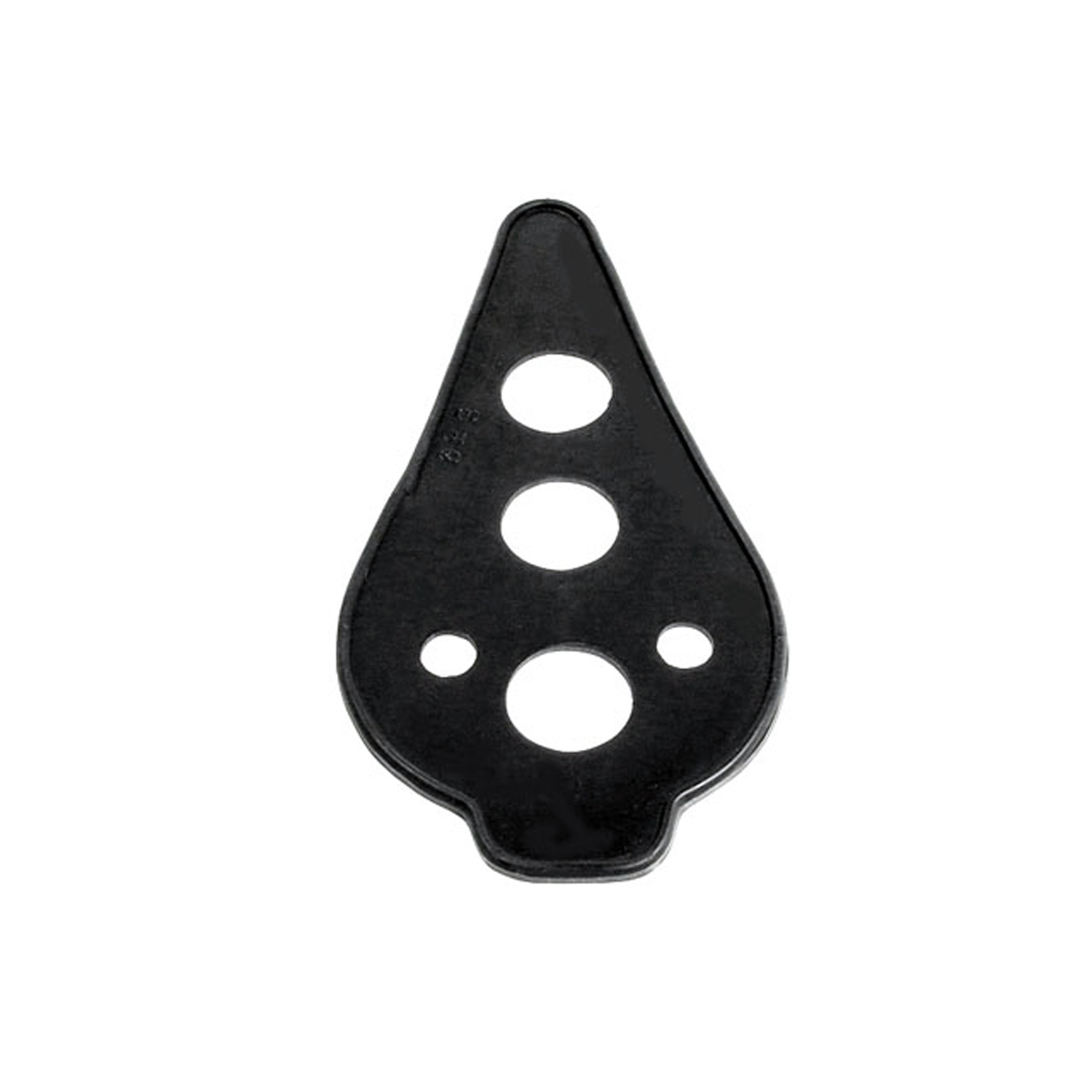 1941 Plymouth P11 Standard Trunk Light Pad. 3-3/4" long X 7-5/8" wide. Each-MP 953Trunk Light Pad. 3-3/4" long X 7-5/8" wide. Each
1941 Plymouth P11 Standard Trunk Light Pad. 3-3/4" long X 7-5/8" wide. Each-MP 953Trunk Light Pad. 3-3/4" long X 7-5/8" wide. Each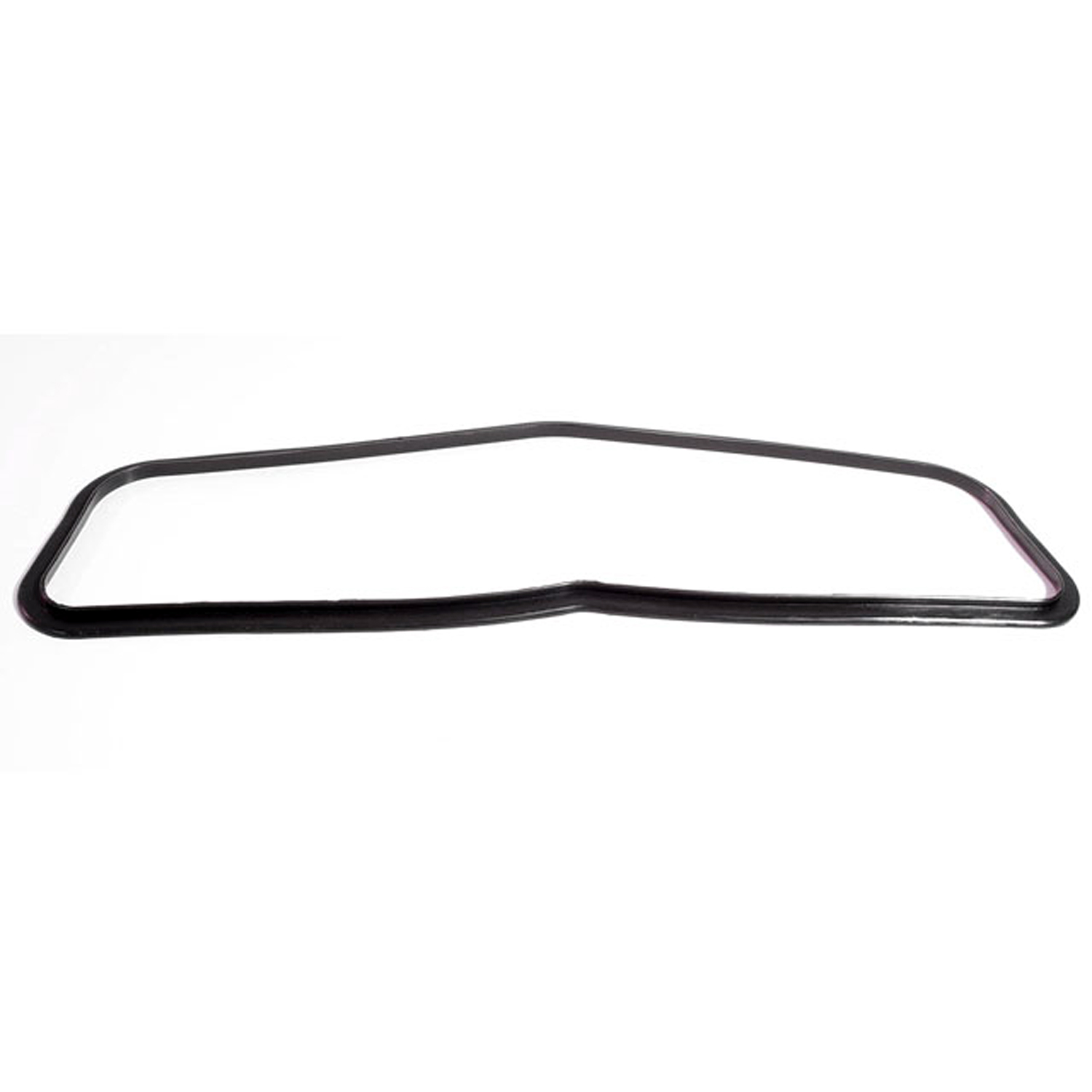 1941 Plymouth P11 Standard Cowl Vent Seal. 4" wide X 18" long. Each-RP 100-QCowl Vent Seal. 4" wide X 18" long. Each
1941 Plymouth P11 Standard Cowl Vent Seal. 4" wide X 18" long. Each-RP 100-QCowl Vent Seal. 4" wide X 18" long. Each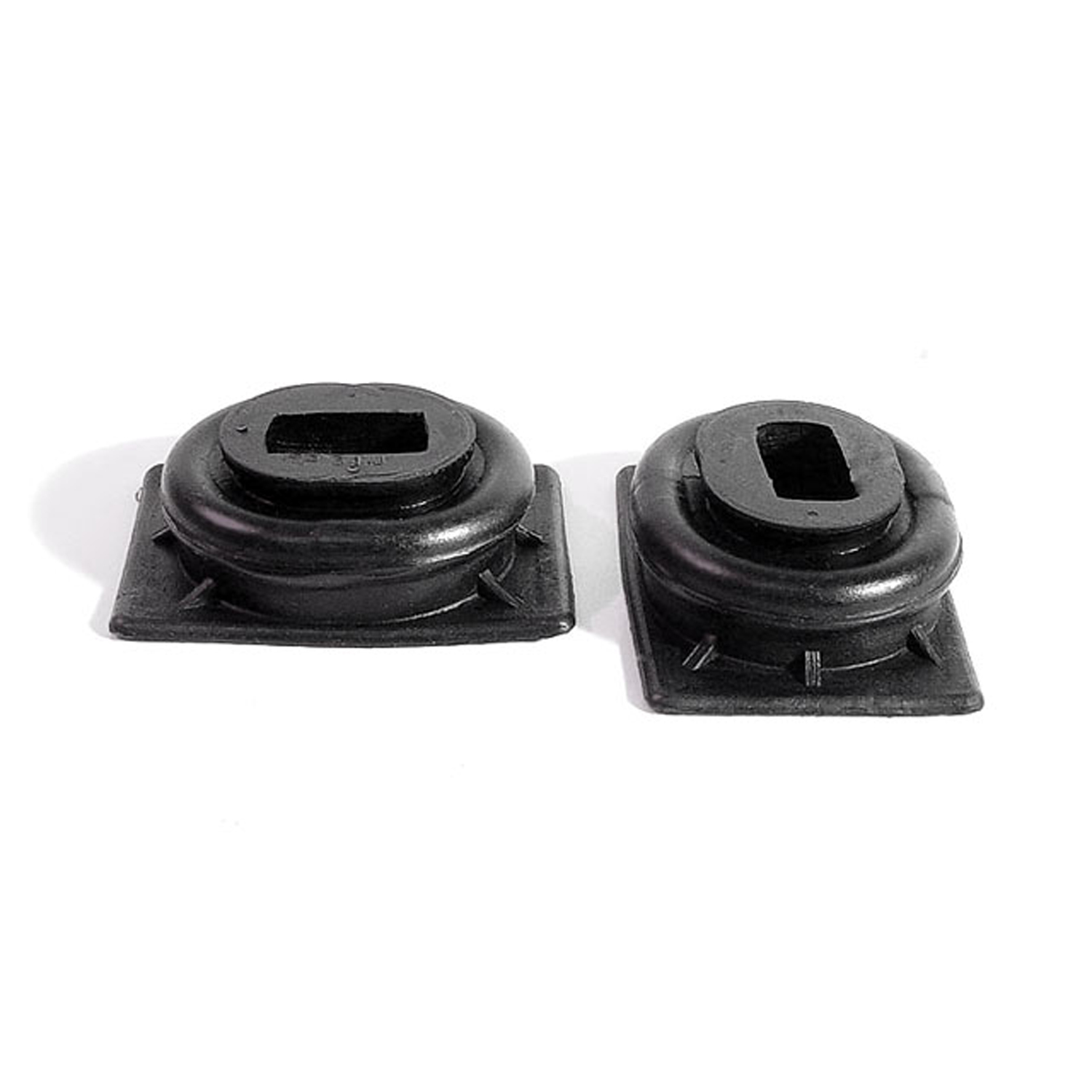 1941 Plymouth P11 Standard Clutch and Brake Seals. Replaces OEM #889473. Pair-RP 31-JClutch and Brake Seals. Replaces OEM #889473. Pair
1941 Plymouth P11 Standard Clutch and Brake Seals. Replaces OEM #889473. Pair-RP 31-JClutch and Brake Seals. Replaces OEM #889473. Pair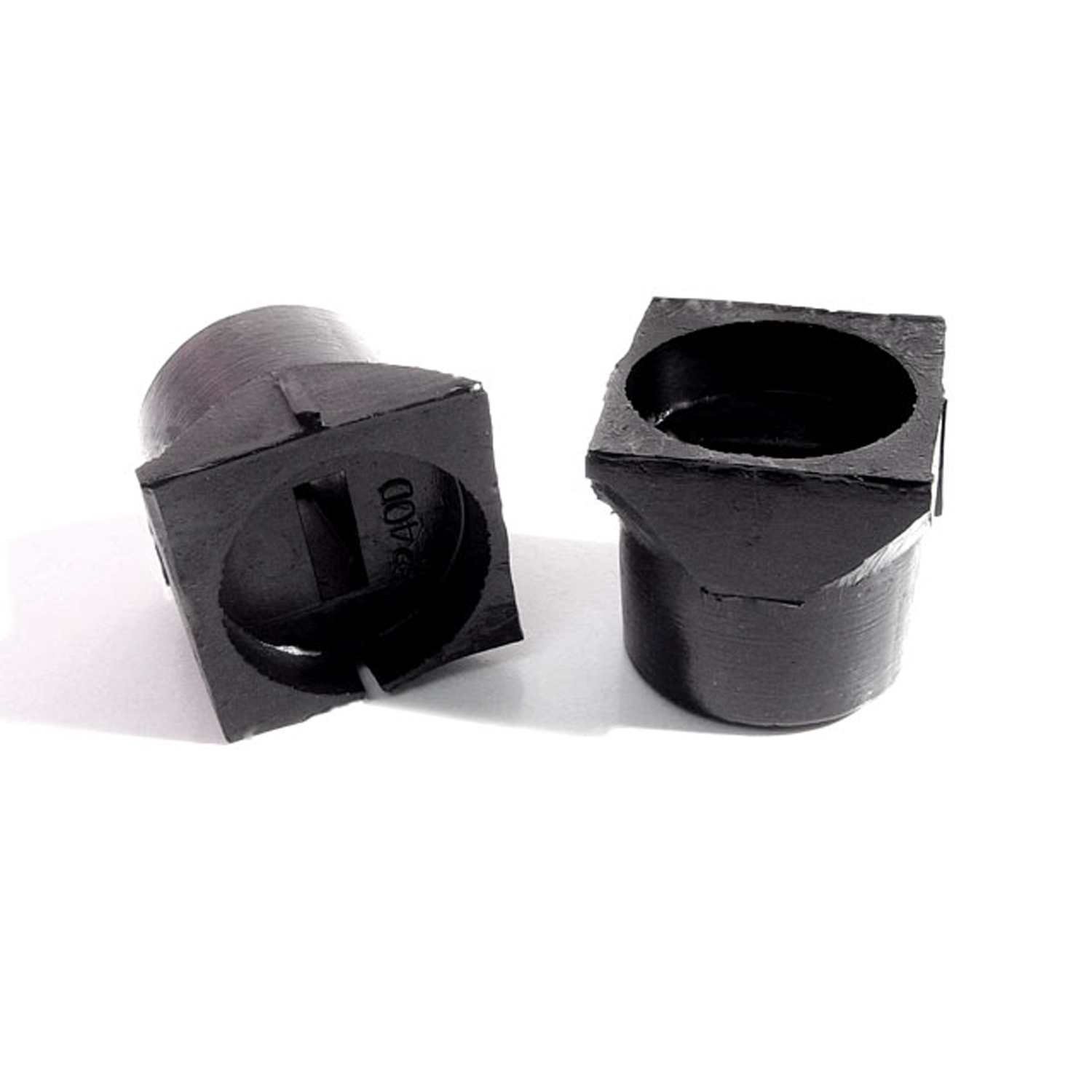 1941 Plymouth P11 Standard Door Check Rubber Cushion. Each-RP 40-DDoor Check Rubber Cushion. Each
1941 Plymouth P11 Standard Door Check Rubber Cushion. Each-RP 40-DDoor Check Rubber Cushion. Each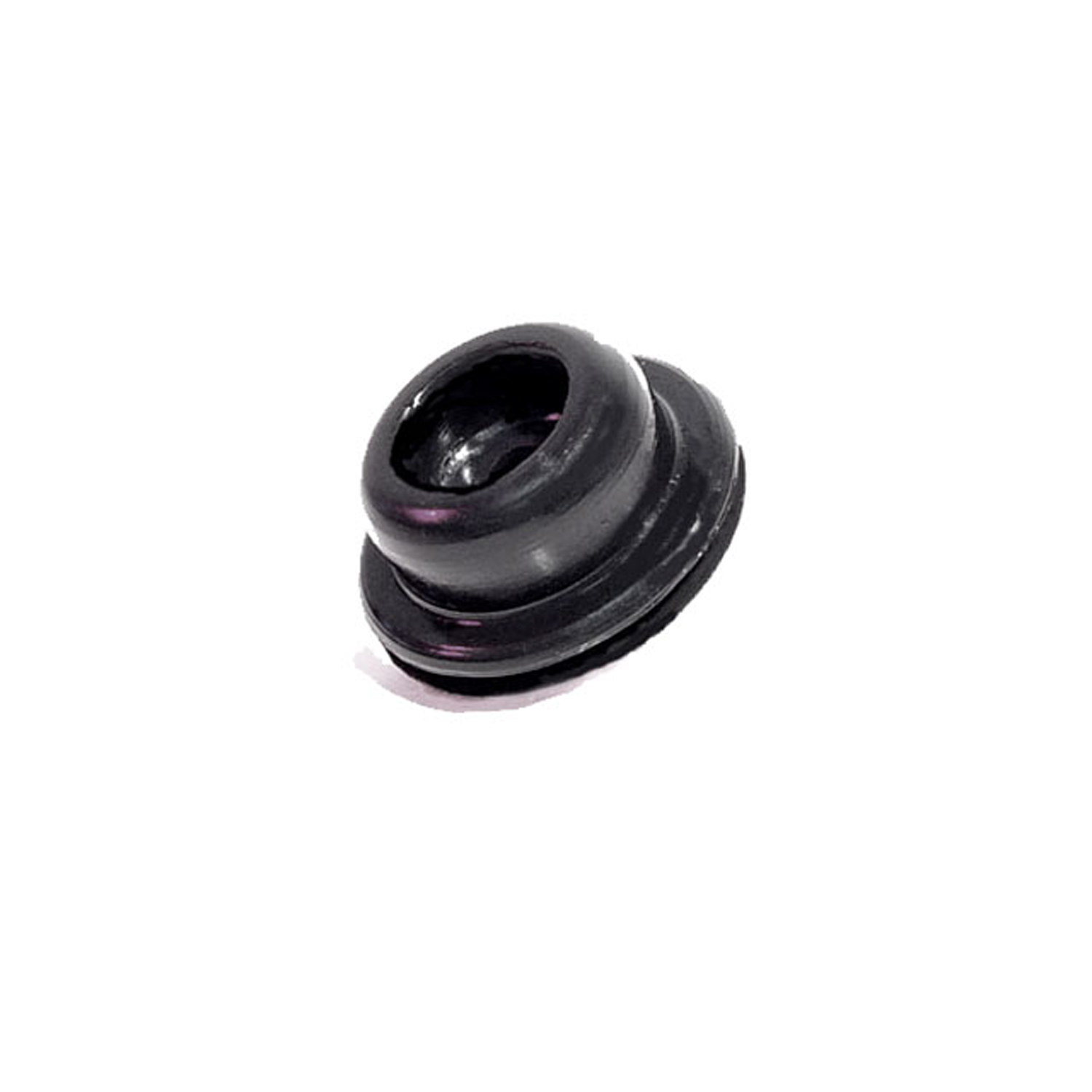 1941 Plymouth P11 Standard Accelerator Rod Grommet-SM 43-BAccelerator Rod Grommet. For accelerator rod through floorboard. Each
1941 Plymouth P11 Standard Accelerator Rod Grommet-SM 43-BAccelerator Rod Grommet. For accelerator rod through floorboard. Each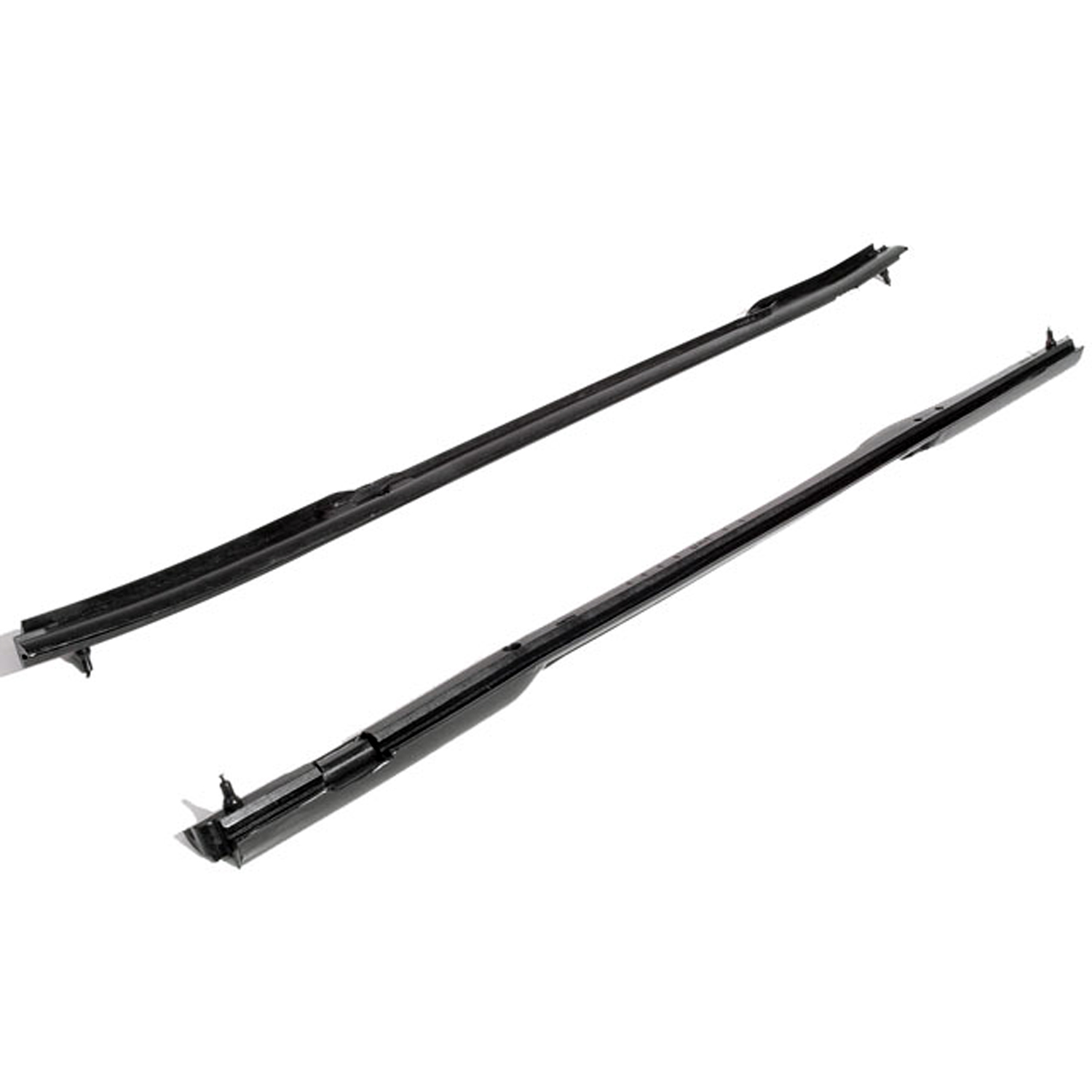 1941 Plymouth P11 Standard Front Vent Window Seals. For many closed models only-WR 2703Front Vent Window Seals. For many closed models only. Replaces OEM #977232-3. Pair R&L
1941 Plymouth P11 Standard Front Vent Window Seals. For many closed models only-WR 2703Front Vent Window Seals. For many closed models only. Replaces OEM #977232-3. Pair R&LWhy Choose Metro?
For over 100 years, Metro Moulded Parts has been the pinnacle of quality in classic car restoration parts. Our commitment to precision and authenticity in every component ensures a perfect fit and an OEM-level appearance.
- Expert Craftsmanship & Quality: Each part is a testament to our dedication to reliability and perfection, crafted from original designs and thoroughly tested.
- Advanced Technology: We use cutting-edge techniques to create flawless, long-lasting parts that surpass others in performance.
- SuperSoft Sponge – The Ultimate Door Seal: Not only are our door seals 30% softer than competitors', but they're also guaranteed to never leak. They effectively reduce wind and road noise, enhancing your classic car's comfort and driving experience.
- Proudly American: Our parts are a product of American craftsmanship, made in the USA with a spirit of excellence and heritage.
- Unrivaled Warranty: We back our products with a 30-year industry-leading warranty, a testament to our confidence in their quality.
Join us in preserving the legacy of classic cars with parts that are crafted for perfection, not just made.

